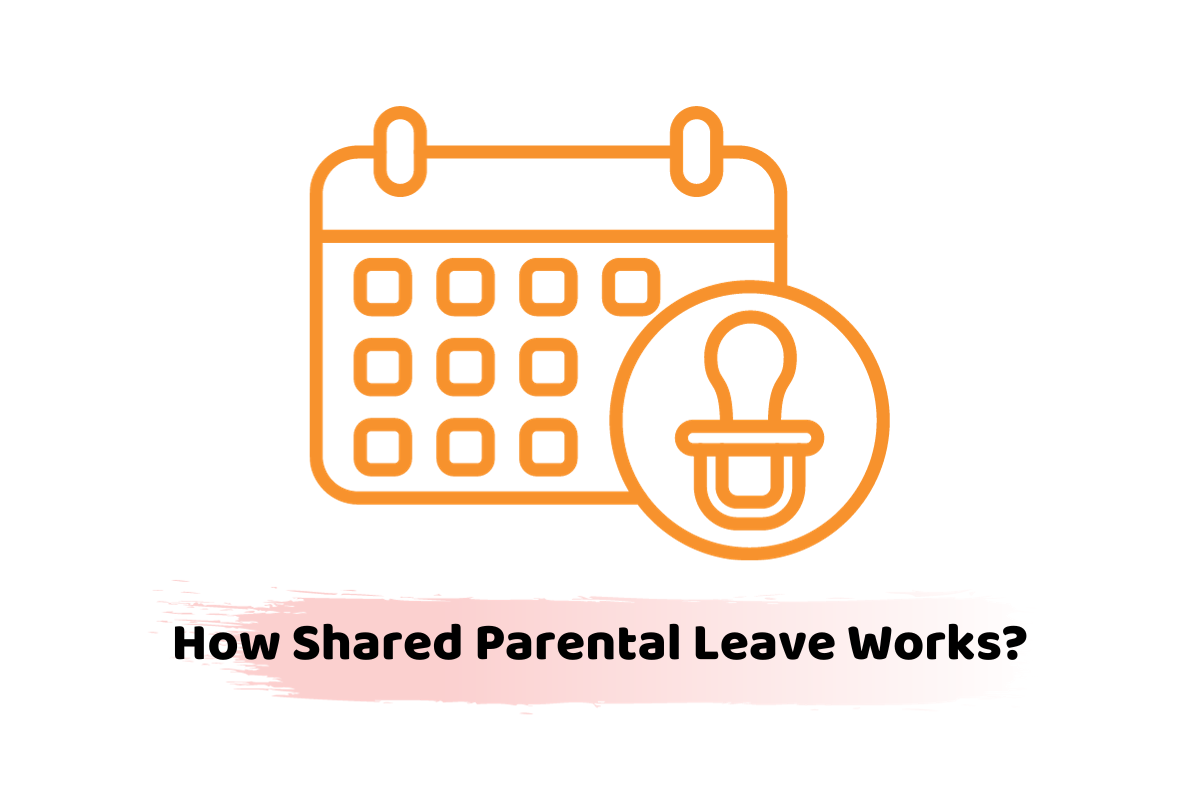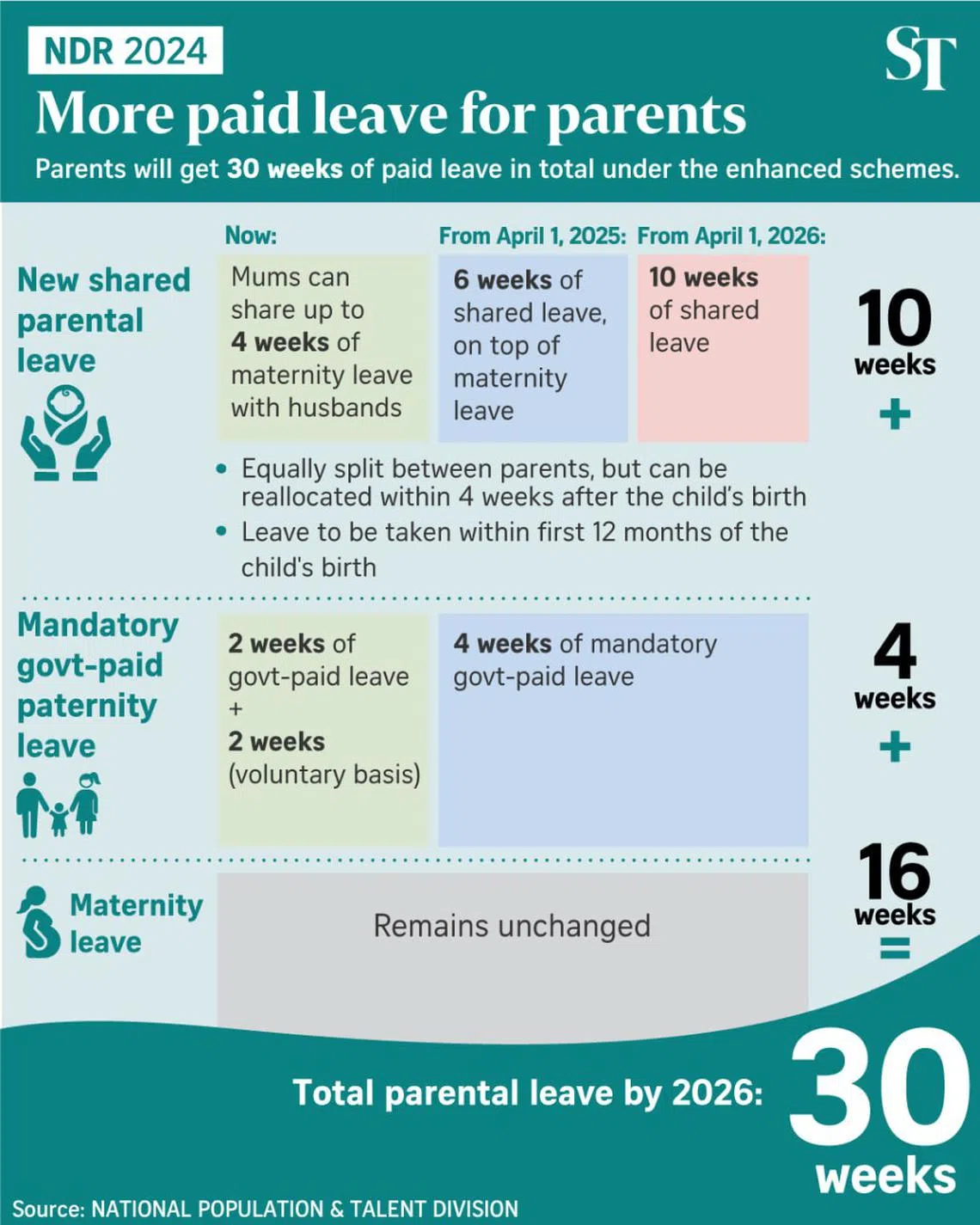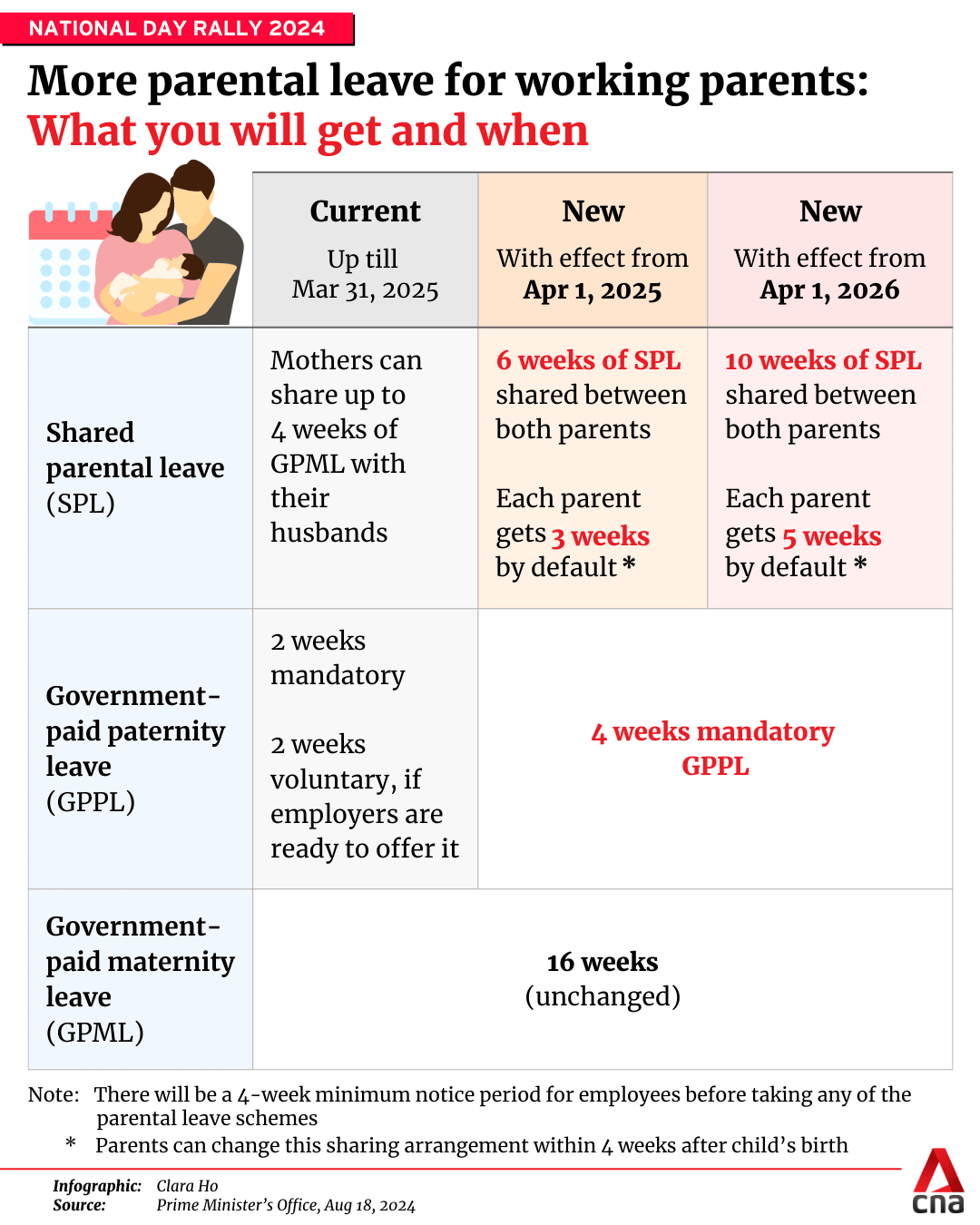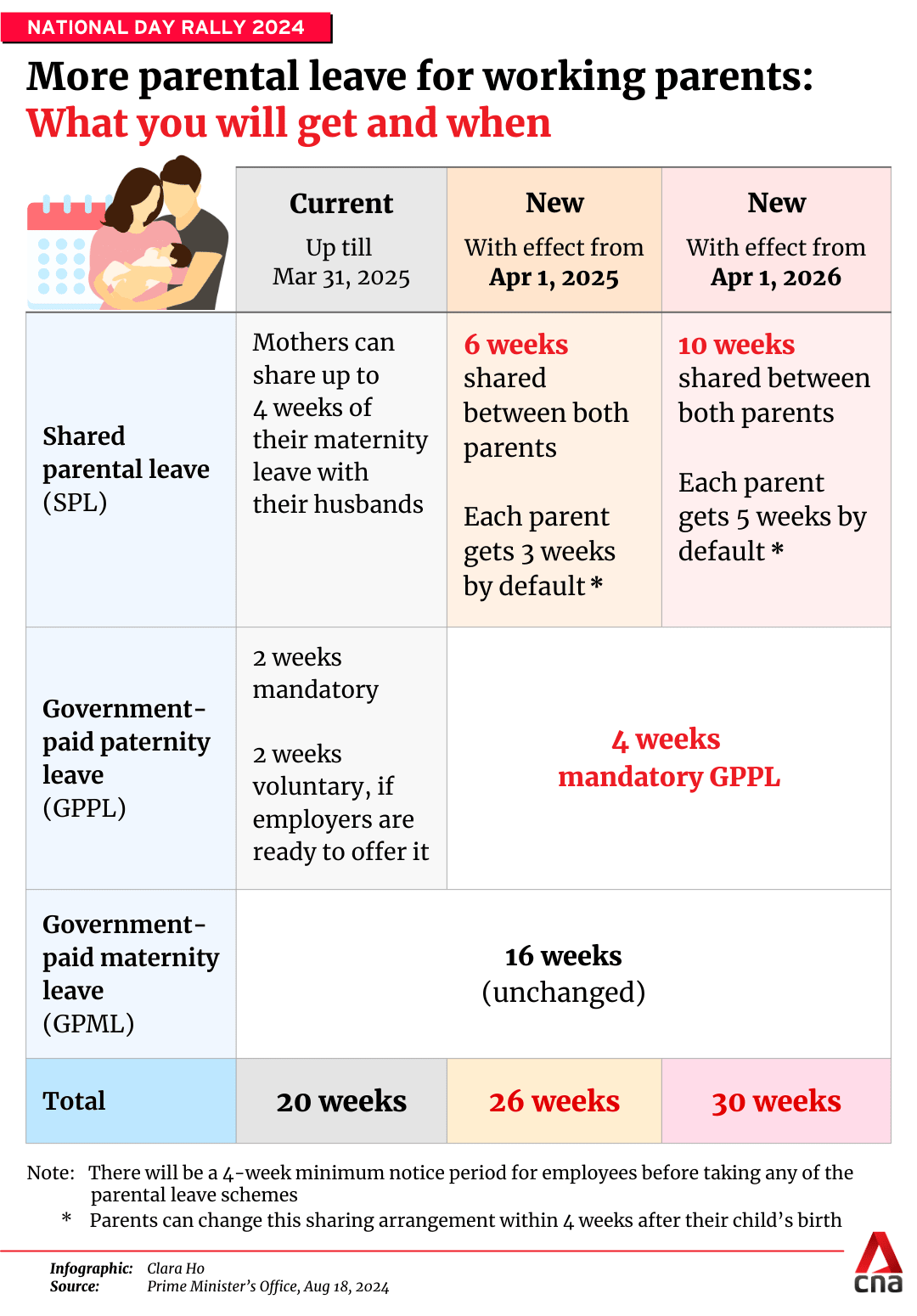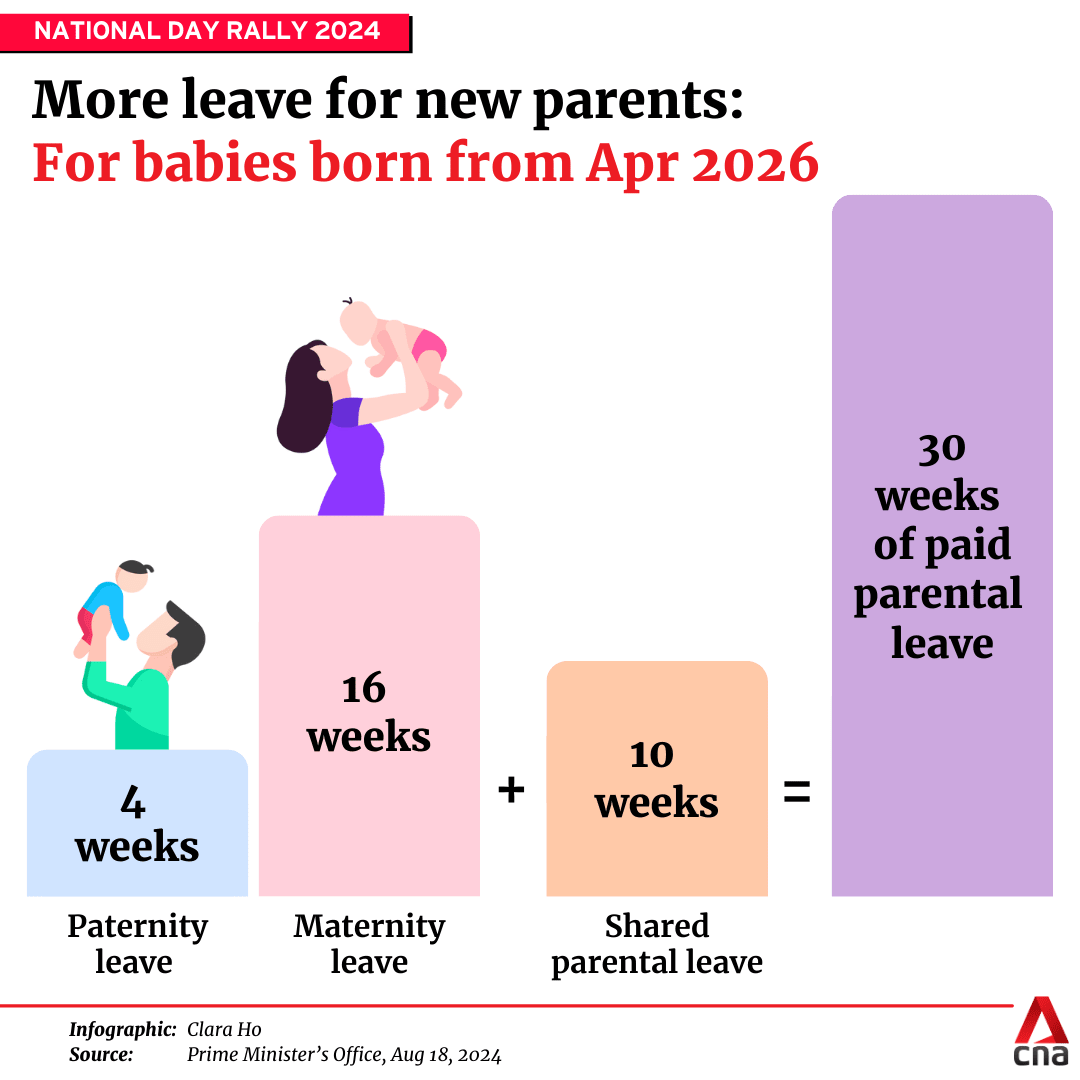Shared Parental Leave Law - Shared parental leave (spl) is a type of leave that employees can. Parents eligible for shared parental leave, must be legally classed as an employee and must share responsibility for the child from. Shared parental leave allows parents to share a portion of their leave entitlement after welcoming a new child. Read on for our full guide to shared parental leave for employers. You can start shared parental leave (spl) and statutory shared parental pay (shpp) if you're eligible and you or your partner ends your.
Parents eligible for shared parental leave, must be legally classed as an employee and must share responsibility for the child from. Shared parental leave (spl) is a type of leave that employees can. Read on for our full guide to shared parental leave for employers. You can start shared parental leave (spl) and statutory shared parental pay (shpp) if you're eligible and you or your partner ends your. Shared parental leave allows parents to share a portion of their leave entitlement after welcoming a new child.
Shared parental leave (spl) is a type of leave that employees can. Shared parental leave allows parents to share a portion of their leave entitlement after welcoming a new child. Parents eligible for shared parental leave, must be legally classed as an employee and must share responsibility for the child from. You can start shared parental leave (spl) and statutory shared parental pay (shpp) if you're eligible and you or your partner ends your. Read on for our full guide to shared parental leave for employers.
Shared Parental Leave Eligibility, Entitlements, and How to Apply
Shared parental leave allows parents to share a portion of their leave entitlement after welcoming a new child. Shared parental leave (spl) is a type of leave that employees can. Parents eligible for shared parental leave, must be legally classed as an employee and must share responsibility for the child from. Read on for our full guide to shared parental.
Ensuring Compliance with the UK's Shared Parental Leave Regulations
Shared parental leave (spl) is a type of leave that employees can. Shared parental leave allows parents to share a portion of their leave entitlement after welcoming a new child. Parents eligible for shared parental leave, must be legally classed as an employee and must share responsibility for the child from. Read on for our full guide to shared parental.
How Shared Parental Leave Works in the UK? Accotax
Shared parental leave allows parents to share a portion of their leave entitlement after welcoming a new child. Read on for our full guide to shared parental leave for employers. You can start shared parental leave (spl) and statutory shared parental pay (shpp) if you're eligible and you or your partner ends your. Parents eligible for shared parental leave, must.
NDR 2024 10 extra weeks of shared parental leave; total of 30 weeks
Shared parental leave (spl) is a type of leave that employees can. You can start shared parental leave (spl) and statutory shared parental pay (shpp) if you're eligible and you or your partner ends your. Parents eligible for shared parental leave, must be legally classed as an employee and must share responsibility for the child from. Read on for our.
Shared Parental Leave Community Trade Union
Shared parental leave (spl) is a type of leave that employees can. Read on for our full guide to shared parental leave for employers. You can start shared parental leave (spl) and statutory shared parental pay (shpp) if you're eligible and you or your partner ends your. Shared parental leave allows parents to share a portion of their leave entitlement.
Shared Parental Leave EML
Shared parental leave allows parents to share a portion of their leave entitlement after welcoming a new child. Shared parental leave (spl) is a type of leave that employees can. Parents eligible for shared parental leave, must be legally classed as an employee and must share responsibility for the child from. Read on for our full guide to shared parental.
FAQ What you need to know about Singapore’s new shared parental leave
You can start shared parental leave (spl) and statutory shared parental pay (shpp) if you're eligible and you or your partner ends your. Shared parental leave allows parents to share a portion of their leave entitlement after welcoming a new child. Shared parental leave (spl) is a type of leave that employees can. Read on for our full guide to.
Law passed to increase shared parental leave and mandatory paternity
Read on for our full guide to shared parental leave for employers. You can start shared parental leave (spl) and statutory shared parental pay (shpp) if you're eligible and you or your partner ends your. Shared parental leave (spl) is a type of leave that employees can. Shared parental leave allows parents to share a portion of their leave entitlement.
FAQ What you need to know about Singapore’s new shared parental leave
Read on for our full guide to shared parental leave for employers. Shared parental leave allows parents to share a portion of their leave entitlement after welcoming a new child. Shared parental leave (spl) is a type of leave that employees can. You can start shared parental leave (spl) and statutory shared parental pay (shpp) if you're eligible and you.
A guide to shared parental leave rules Working Dads
Parents eligible for shared parental leave, must be legally classed as an employee and must share responsibility for the child from. You can start shared parental leave (spl) and statutory shared parental pay (shpp) if you're eligible and you or your partner ends your. Shared parental leave (spl) is a type of leave that employees can. Read on for our.
You Can Start Shared Parental Leave (Spl) And Statutory Shared Parental Pay (Shpp) If You're Eligible And You Or Your Partner Ends Your.
Shared parental leave (spl) is a type of leave that employees can. Shared parental leave allows parents to share a portion of their leave entitlement after welcoming a new child. Read on for our full guide to shared parental leave for employers. Parents eligible for shared parental leave, must be legally classed as an employee and must share responsibility for the child from.


